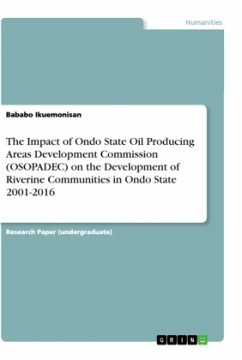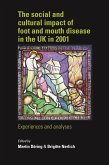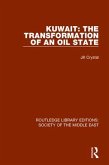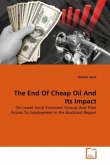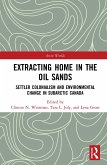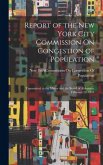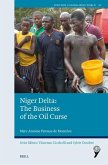Research Paper (undergraduate) from the year 2017 in the subject Sociology - Economy and Industry, Adekunle Ajasin University, language: English, abstract: This study engaged in a thorough and analytical historical research on the activities of the Ondo State Oil Producing Areas Development Commission with a specific attention on the impact of OSOPADEC on the Development of Riverine Communities in Ondo State. The Study covered the activities of the Ondo State Oil Producing Area Development Commission (OSOPADEC) for fifteen (15) years between 2001 and 2016. Year 2001 being the year OSOPADEC was established and 2016 as the terminal date being the end of the tenure of People's Democratic Party {PDP} in Ondo State. A new political party known as All Progressive Congress (APC) took over the mantle of leadership of the state on 24th February 2017.Since the pioneer discovery of oil in Araromi in 1908, and the subsequent exploration and exploitation of the resource, the ecological and, or environmental condition of the riverine communities in Ondo State implies an impending doom. While some interest laden individual along the inroad of truth smiles to the bank on daily basis or enjoy largesse from oil exploration and exploitation from the area, communities in the riverine part of Ondo State are yet to enjoy rapid, even and sustainable development. Many of these communities lack basic social amenities such as good road network, potable water supply, adequate health facilities, power supply etc. and this horrible situation remain so till date.One then wonders, how the 13% oil derivation fund paid to the state to address developmental challenges spent? How the 40% of the 13% derivation fund committed to OSOPADEC utilized? Above all, when put up against the fund disbursed to the Commission, can the bogus claim of OSOPADEC and government on infrastructural and developmental projects in the region be said to have brought about true development vis-à-vis the standard ofdevelopment expected of the commission?

